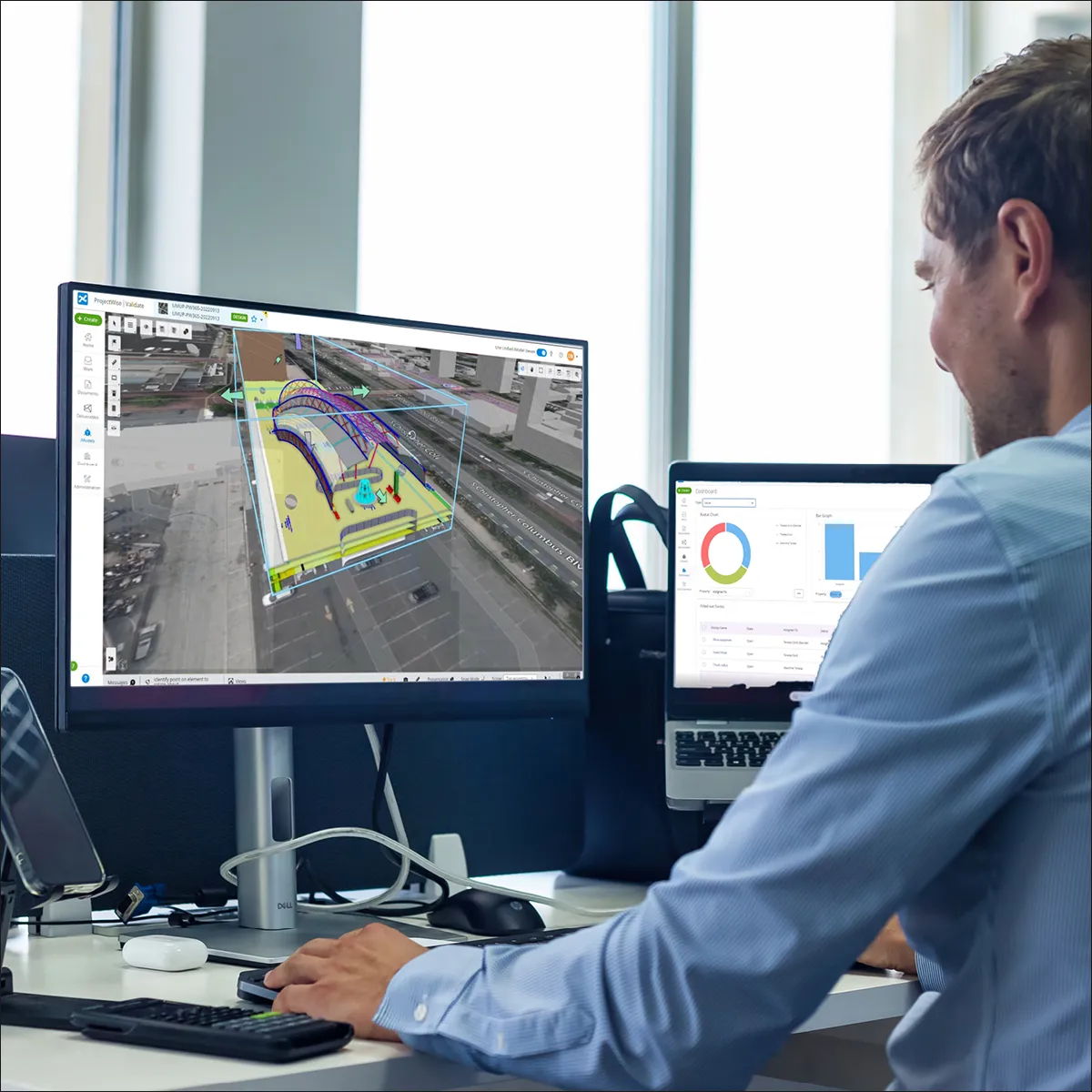
The machinery and equipment industry in Europe can hold its own in the face of increasingly tough global competition - if the promised relief comes and companies push ahead with their transformation.
"Despite all the challenges, our industry remains resilient. If we work together, invest in innovation and use the strength of the EU single market, we can overcome these uncertain times and shape a successful future for the European machinery and equipment manufacturing industry," said VDMA president Bertram Kawlath at the start of the VDMA European Summit.
Kawlath said that EU decision-makers have recognised that Europe needs a strong industrial base and have therefore made Europe's competitiveness a top political priority. He added: "The initial proposals to simplify sustainability reporting, due diligence in the supply chain and the carbon border adjustment mechanism CBAM are very promising." It is now crucial that these so-called omnibus proposals remain unchanged in the legislative process. "Then we will see a significant reduction in the administrative burden.
"If we work together, invest in innovation and use the strength of the EU single market, we can overcome these uncertain times and shape a successful future for the European machinery and equipment manufacturing industry."
The latest statistics show just how important intra-European trade in machinery and equipment manufacturing industry is for the continent's strength. In the first eleven months of 2024, EU machinery exports reached a total value of €543bn, around half of which (€272bn) went to other EU countries. "This illustrates the importance of the EU single market as an important trading platform for our industry," said Kawlath.
Industry turnover in the European mechanical and plant engineering sector is estimated at €860bn in 2024 (down 6% on the previous year) - that is around 27% of the global machinery market. The industry is expecting another difficult year in 2025. Due to the many global trade barriers and great uncertainty among customers, the VDMA says companies must expect investment levels to remain weak.
It is therefore all the more important that the necessary reforms are also driven forward within the companies, warned Kawlath. "On the one hand, companies need to adapt by diversifying their supplier networks, investing in regional production centres and making their logistics fail-safe. On the other hand, the pursuit of regionalization opens new doors for greater European cooperation, more innovation and improved competitiveness on the global stage." Companies must also open up to the increasing use of artificial intelligence in production and service.
"AI improves efficiency, reduces downtime and supports smarter decisions through applications such as predictive maintenance, quality control and supply chain optimisation. Machine learning achieves greater adaptability, helping companies to optimize production and minimize waste," said the VDMA president. The ethical issues associated with artificial intelligence must also be taken into account. "However, by using AI responsibly, European manufacturers can not only remain competitive, but also lead the next wave of industrial change.”
"Despite all the challenges, our industry remains resilient. If we work together, invest in innovation and use the strength of the EU single market, we can overcome these uncertain times and shape a successful future for the European machinery and equipment manufacturing industry," said VDMA president Bertram Kawlath.







